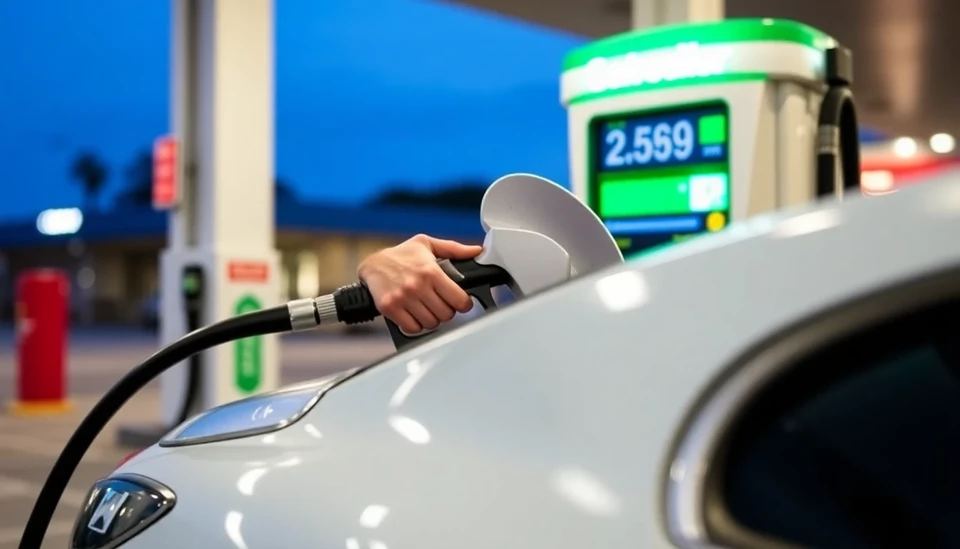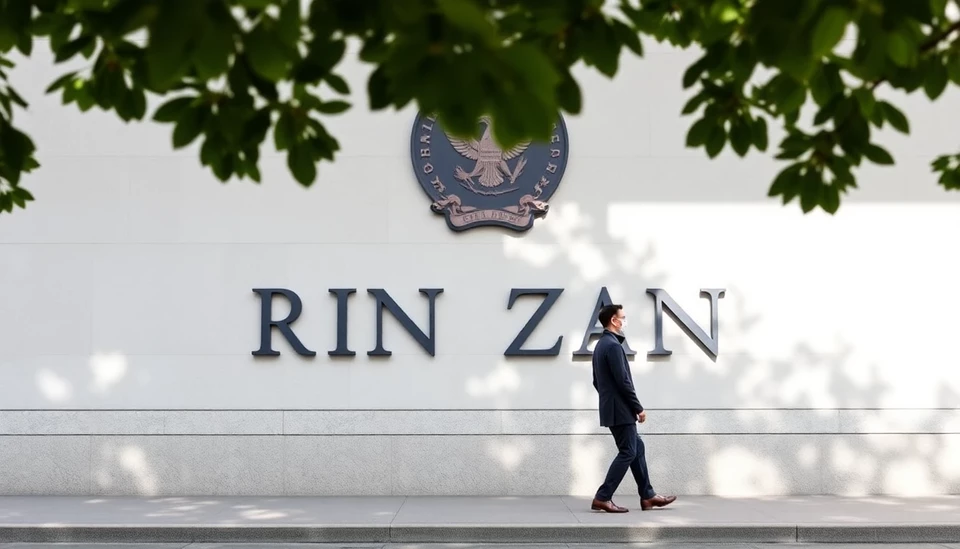
In a significant move reflecting the global shift towards sustainable energy, a prominent bank in New Zealand has decided to tighten its lending criteria for gasoline outlets. This decision comes in light of the increasing adoption of electric vehicles (EVs) and the broader transition towards cleaner transportation solutions. The bank's strategy indicates a conscious effort to align its financial practices with environmental goals, setting a precedent within the financial sector.
According to industry sources, the bank will impose stricter assessments on its loan applications for new gasoline service stations and related operations. The rationale behind this policy shift stems from a growing recognition of the potential risks associated with fossil fuel investments, particularly as governments and consumers alike embrace electric mobility.
The bank highlighted that this new approach is designed not only to manage financial risk but also to support New Zealand's ambitious climate targets. As electric vehicles gain traction and charging infrastructure continues to expand, the demand for gasoline is expected to decline. This proactive stance aims to minimize exposure to an industry that could face significant challenges in the coming years.
The financial institution is taking its cue from global trends, as several countries push for reductions in fossil fuel consumption and strengthen regulations that favor electric vehicles. With initiatives aimed at reducing greenhouse gas emissions, banks worldwide are re-evaluating their portfolios to better reflect the urgency of climate action.
In parallel, the move is indicative of a broader shift in consumer behavior. Many New Zealanders are increasingly opting for electric vehicles due to rising fuel prices, environmental considerations, and government incentives promoting EV adoption. The bank's decision to restrict lending to gasoline outlets could signal a turning point in the retail fuel landscape, encouraging a more sustainable approach to energy consumption.
Critics of the bank's decision argue that it may create short-term disruptions for existing gasoline retailers who rely on funding for upgrades and business continuity. However, proponents contend that this is a necessary step toward achieving a greener economy and that the transition should be managed through gradual shifts in funding strategies.
As more financial institutions adopt similar policies, the implications of this decision could resonate across New Zealand’s economic landscape. This could lead to changes within the fuel retail industry and influence other banks to reconsider their business models in the face of climate-related risks.
This pivotal decision by the New Zealand bank reinforces the urgent need for industries and financial sectors worldwide to evaluate their roles in mitigating climate change impacts as the push for sustainable energy solutions accelerates.
Overall, the move showcases how financial institutions can play a crucial role in shaping a more sustainable future, guiding investments towards greener alternatives while addressing the pressing realities of a changing climate.
In conclusion, as New Zealand charts its course towards a sustainable future, this banking decision marks a key milestone in the nation’s transition away from fossil fuels, underscoring the importance of aligning financial practices with environmental imperatives.
#NewZealand #ElectricVehicles #SustainableFinance #ClimateAction #FossilFuels #BankingInnovation #EVAdoption #GreenTransition
Author: Rachel Greene




